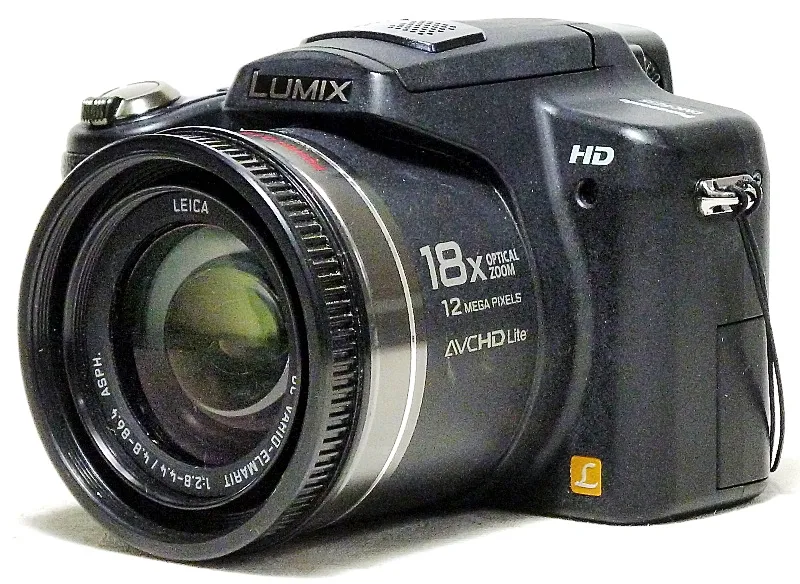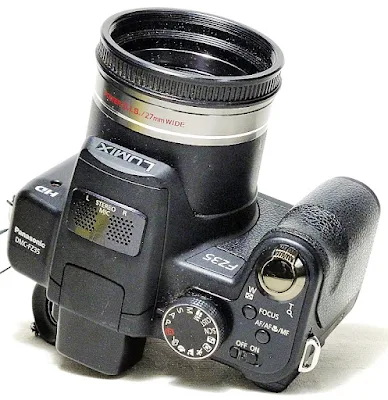Vintage digital cameras with CCD sensors, the gold standard for camera sensors from the early 80s till the late 2000s, were the resource. CCDs are acknowledged for images that are generally sharper and less noisy than images from CMOS sensors and are more sensitive in low-light conditions, with the drawback to these sensors being that they cost more to manufacture.
Now bypassed by its more recent counterparts with CMOS sensors, with production technology that is more than 10 years old and considered obsolete, most makes and models of digital cameras with CCD sensors are considered 'vintage', placed on shelves in brick-and-mortar pawn institutions, or listed on auction sites, as display or as novelty collectibles.
For the real you, the opportunity to pick one up, some with conditions that are still near-mint or hardly used conditions, at giveaway prices, is all there; all that is needed is looking. I went through a range of these as well, from super compacts to digital bridges, and the ubiquitous DSLR.
The pick for this review and early image test, after having been with the DMC-FZ18 and the DMC-FZ28 previously, is the Panasonic Lumix DMC-FZ35 (DMC-FZ38 in Europe).
Panasonic Lumix DMC-FZ35 (DMC-FZ38 in Europe)
The Panasonic Lumix DMC-FZ35, introduced by Panasonic in 2009, is a 12.1MP CCD sensor superzoom bridge digital camera with a 1:2.8~4.4 18X optical zoom 27mm Leica DC Vario-Elmarit wide-angle lens (for a full-frame equivalent range of 27-486mm), 201,000 pixels in-line Electronic Viewfinder (EV) with dioptre adjustment, and a 2.7-inch 230,000 pixels live view TFT LCD.
The camera, successor to the DMC-FZ28, was among the first to feature AVCHD Lite format HD video recording, has a shutter speed range from 60 seconds to 1/2000th second, Power O.I.S. image stabilizer, a faster Venus Engine HD processor, and a Quick AF system twice as fast as that of the predecessor.
Coming with the same SLR-like styling as its predecessor, the DMC-FZ35 weighs in at 414 grams with battery and card, outfitted with familiar features as seen on previous models. Likewise, the FZ35 supports both JPEG, with two compression levels, and raw file capture for still images in three aspect ratios.
Changes to the aspect ratio were made by cropping the top and bottom of the frame, with the horizontal pixel count remaining identical on all three aspect ratios.
Early Images
As the optics of the FZ35 are identical to those of the FZ28, image quality is quite similar between the two, with a slight tendency towards overexposure. Upgrading, however, is not just getting a new sensor and a faster image processing engine, but among others improvements to camera responsiveness with a 20% cut in start-up time, High-speed Burst shooting mode, and for video enthusiasts, AVCHD Lite video recording.
Enjoying the vintage by virtue that they were in production more than 10 years ago, with technology that has been bypassed and considered obsolete, does not detract from the fact that amateur photography, at the lower end of the cost spectrum, can be as enjoyable and equally rewarding.























No comments:
Post a Comment